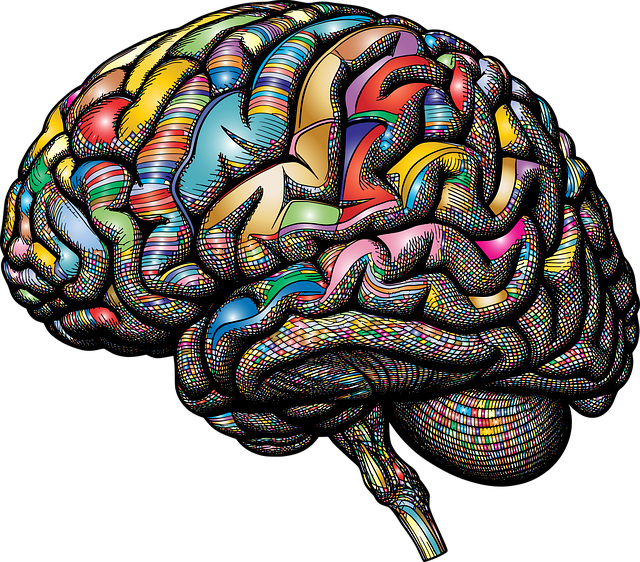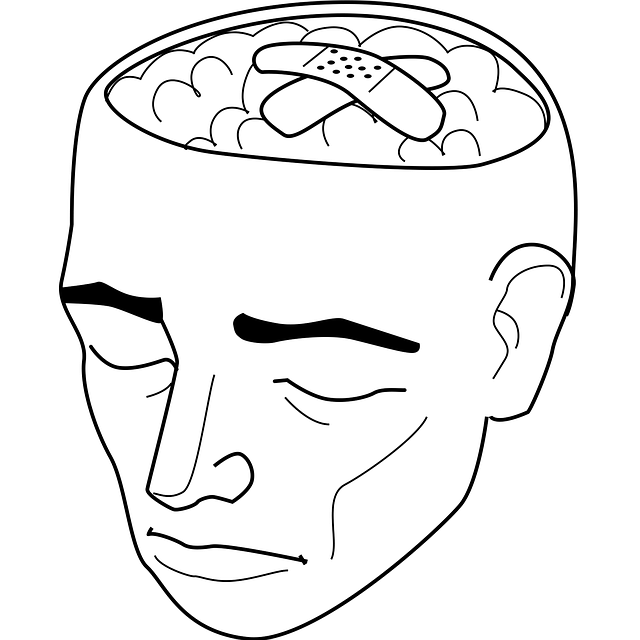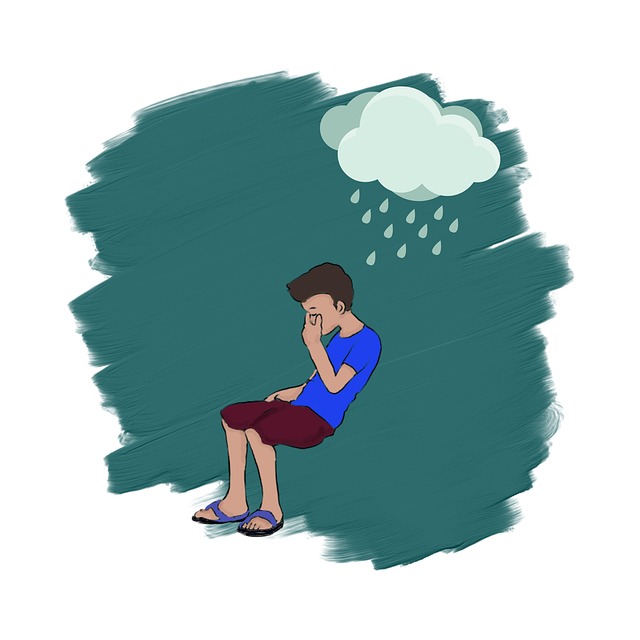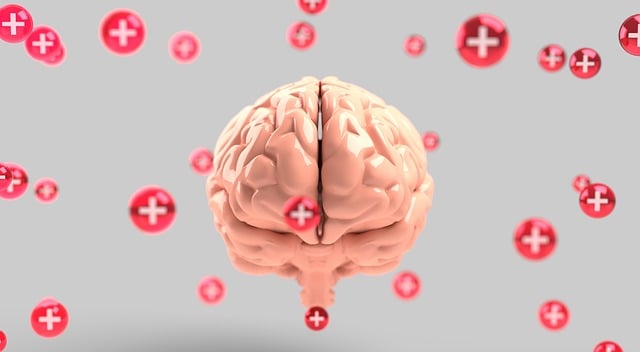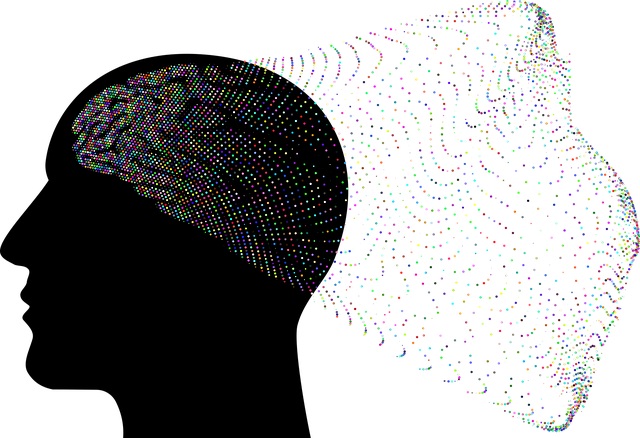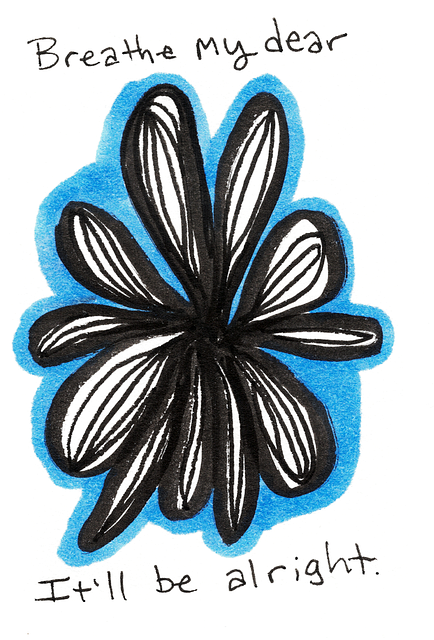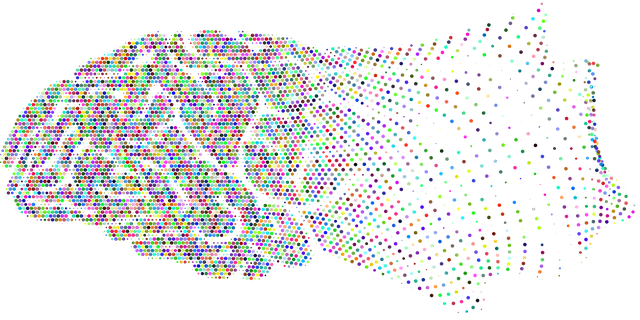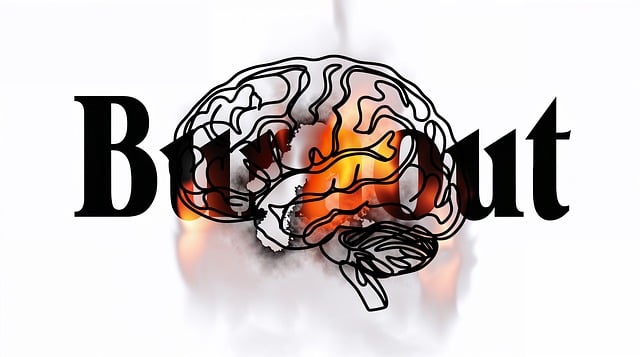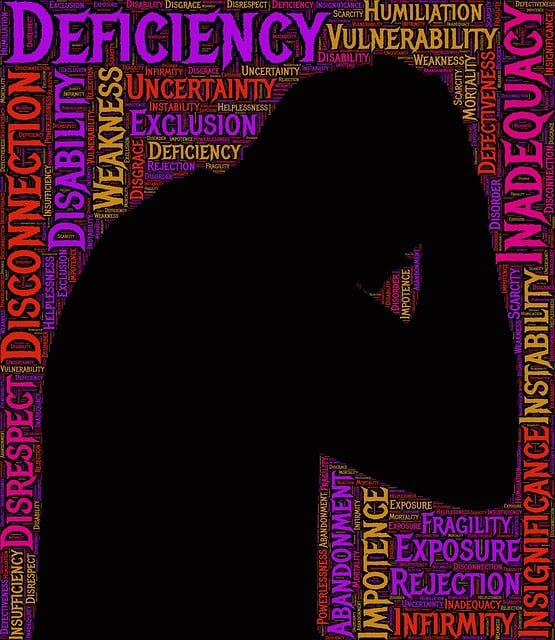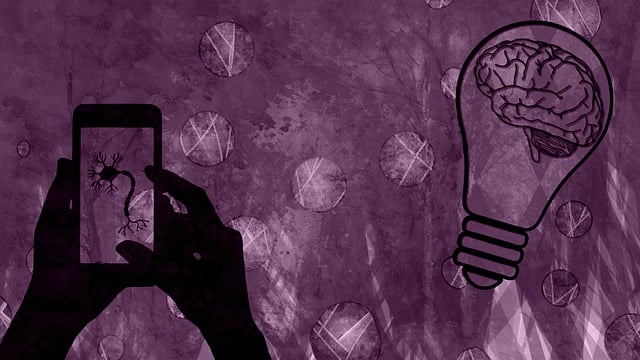Anxiety becomes problematic when persistent and intense, disrupting daily life. Traumatic experiences often lead to conditions like PTSD, making specialized therapies, such as Lone Tree post-traumatic stress disorder therapy, crucial for management. Public awareness campaigns destigmatize anxiety, encouraging help-seeking through evidence-based practices like CBT and Compassion Cultivation. Mindfulness techniques, relaxation exercises, lifestyle changes (including physical activity, sleep, diet), and structured therapy sessions offer effective tools for managing PTSD, providing immediate relief and lasting coping strategies.
Anxiety is a common yet formidable mental health challenge, affecting millions worldwide. This article explores effective anxiety management techniques, offering practical insights for those seeking relief. We delve into understanding anxiety and its profound impact on daily life, particularly in cases of post-traumatic stress disorder (PTSD). Discover evidence-based approaches like Cognitive Behavioral Therapy (CBT), mindfulness practices, and lifestyle adjustments to combat anxiety and reclaim well-being.
- Understanding Anxiety and Its Impact
- Cognitive Behavioral Therapy (CBT): A Powerful Tool
- Mindfulness and Relaxation Techniques
- Lifestyle Changes for Better Mental Health
Understanding Anxiety and Its Impact

Anxiety is a natural response to stress or perceived threats, but when it becomes excessive and persistent, it can significantly impact an individual’s daily life. It is a complex emotion that may manifest as worry, fear, restlessness, or even physical symptoms like increased heart rate and insomnia. Understanding the root causes of anxiety is crucial in managing it effectively. For some, anxiety arises from traumatic experiences, leading to conditions such as Post-Traumatic Stress Disorder (PTSD). Lone Tree post-traumatic stress disorder therapy offers specialized support for individuals navigating these challenges.
Public awareness campaigns play a vital role in destigmatizing anxiety and encouraging help-seeking behaviors. By fostering compassion and empathy, these initiatives can lead to increased access to evidence-based treatments like Compassion Cultivation Practices, which focus on cultivating self-compassion and resilience. Additionally, boosting confidence through various activities and strategies can empower individuals to face their anxieties head-on, further aiding in the management process.
Cognitive Behavioral Therapy (CBT): A Powerful Tool

Cognitive Behavioral Therapy (CBT) is a highly effective and evidence-based approach to managing anxiety disorders, including Lone Tree Post-Traumatic Stress Disorder (PTSD). This form of therapy focuses on identifying and modifying negative thought patterns and behaviors that contribute to anxious symptoms. CBT empowers individuals to take control of their thoughts and emotions, leading to improved mood management and coping skills development.
By working closely with a trained therapist, CBT patients learn stress reduction methods tailored to their specific needs. Through structured sessions, they challenge distorted beliefs, replace unhelpful thought processes, and acquire practical strategies to navigate stressful situations. This process not only helps in the immediate relief of anxiety symptoms but also provides long-lasting tools for maintaining mental well-being.
Mindfulness and Relaxation Techniques

Mindfulness and relaxation techniques have emerged as powerful tools in managing anxiety disorders, including Post-Traumatic Stress Disorder (PTSD). These practices encourage individuals to focus on the present moment, reducing the impact of intrusive thoughts and flashbacks that often plague those affected by PTSD. By fostering a sense of calm and awareness, mindfulness helps individuals develop a healthier relationship with their emotions and break free from cycles of worry and stress.
Incorporating various relaxation techniques into daily routines can significantly enhance mental well-being. Deep breathing exercises, progressive muscle relaxation, and guided imagery are just a few examples that help to regulate the body’s physical response to anxiety. These methods not only provide immediate relief but also equip individuals with valuable coping strategies to manage symptoms of mental illness more effectively. Moreover, regular practice contributes to stigma reduction efforts by promoting self-care and empowering individuals to take control of their mental health journey, while also considering risk assessment for professionals involved in these programs, as designed through comprehensive Mental Health Education Programs.
Lifestyle Changes for Better Mental Health

In addressing anxiety management, lifestyle changes play a pivotal role in enhancing mental health. Regular physical activity, for instance, has been proven to be an effective Stress Reduction Method, as it boosts mood and reduces symptoms of depression and anxiety. Incorporating nature walks or gentle yoga routines into your daily schedule can significantly contribute to emotional regulation, offering a calming respite from life’s stressors. Quality sleep is another cornerstone; aiming for 7-9 hours nightly supports the body’s natural healing processes and enhances resilience to challenges, including Lone Tree Post-Traumatic Stress Disorder Therapy.
Nutrition also figures prominently in mental well-being. A balanced diet rich in omega-3 fatty acids, vitamins B and D, and magnesium can improve brain function and overall mood. Conversely, excessive caffeine and sugar consumption can exacerbate anxiety symptoms. Seeking Trauma Support Services to develop personalized lifestyle plans is beneficial for those struggling with anxiety disorders. By adopting these holistic practices, individuals can foster a sense of calm, enhance their coping mechanisms, and better navigate life’s challenges.
Anxiety is a universal experience, but when it becomes overwhelming, it’s time to take action. By understanding anxiety and its impact, we can utilize effective tools like Cognitive Behavioral Therapy (CBT) to reframe negative thought patterns. Incorporating mindfulness, relaxation techniques, and lifestyle changes can significantly improve mental health. For those who have experienced post-traumatic stress disorder (PTSD), Lone Tree PTSD therapy offers specialized support. Remember, managing anxiety is a journey; with dedication and the right tools, individuals can reclaim their lives and find lasting peace.

